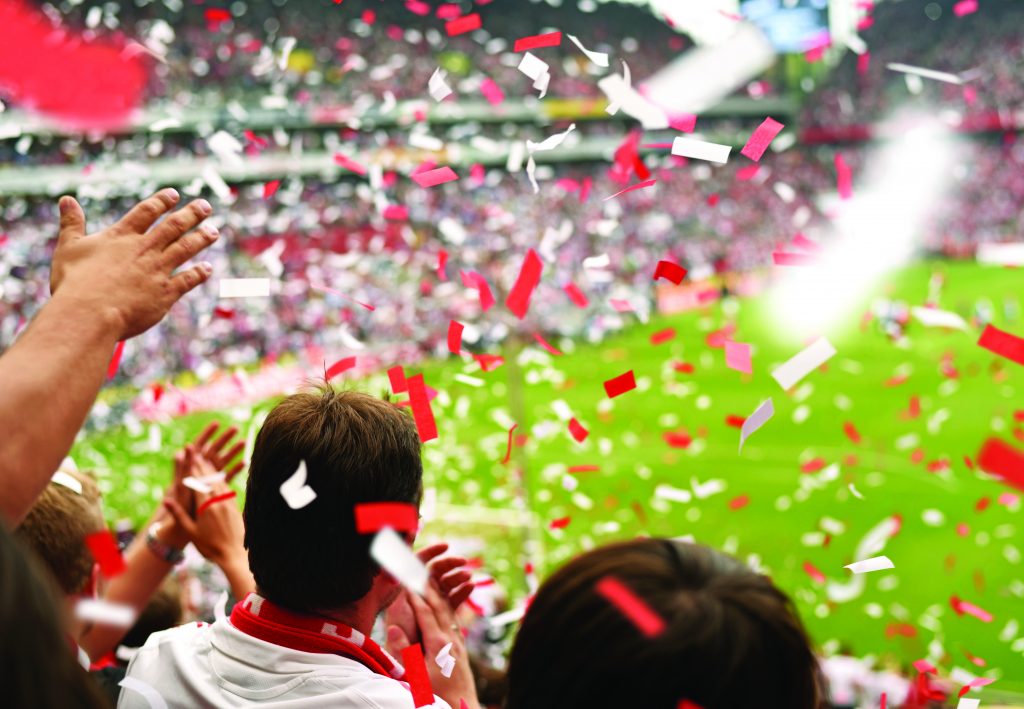After an event, as organizers are gauging success, they naturally focus on traditional economic markers. And to be sure, sold-out competitions and hotels, and busy restaurants are a sign of success. Lately though, organizers are also more intentional about their event’s social return on investment, or SROI—in other words, besides money, what other social good does a sport event bring to the host community?
By Connie Jeske Crane

Because formalized SROI planning is somewhat new, it’s also a large area of opportunity, says Grant MacDonald, president of Halifax-based GM Event Inc. “We’re further advanced in the measurement of financial indicators,” he says, adding that measuring social returns is trickier and doesn’t have a
cookie-cutter approach.
“It can mean so many different things to so many different communities,” MacDonald explains. “It includes things like physical activity and participation in sport, the health and wellness of a community, pride of place and skill development, including volunteerism, cultural awareness and community empowerment.” Compounding the complexity, he says, events may be expected to deliver different SROI outcomes at municipal, provincial and federal levels.
Learning curve aside, more and more industry leaders are prioritizing SROI implementation due to potential benefits. Stacey Oxner, Nova Scotia’s director of events, communities, culture and heritage, says SROI planning is an important part of two upcoming Halifax events: the 2020 North American Indigenous Games, and the 2020 IIHF Women’s World Championship. “We know that the economics of events are important. But we also recognize that the social benefits are important and we want to leave a lasting legacy.”
Defining SROI
“Social Return on Investment (SROI) methodology is a principles-based approach that values change for people and the environment that would otherwise not be valued. It assigns monetary value to traditionally non-valued things such as the environment and social value.”
Source: City of Calgary
Implementing SROI
- Understand where you are today
- Before the bid process, identify key stakeholders and the social outcomes you want to achieve
- Build operational plans to influence your desired social outcomes
- Following the event, measure and evaluate outcomes
- Report back to the community and other stakeholders
SROI Case Studies
VANCOUVER WINTER OLYMPICS 2010
“The best example most Canadians would be aware of would be Vancouver 2010,” says MacDonald, citing not only planned legacies like infrastructure, but volunteer development, engagement, First Nations involvement and national pride.
RYDER CUP 2014, SCOTLAND
Organizers identified and delivered social returns such as national pride, increased grassroots participation in golf, plus government funding for introductory golf lessons for Scottish children.
2020 NORTH AMERICAN INDIGENOUS GAMES, HALIFAX
SROI goals include building awareness and appreciation for Indigenous culture, Oxner says. Establishing a benchmark now “will also allow us to understand if Nova Scotians’ understanding of Indigenous culture is changed as a result of hosting the Games in 2020. If it is, we know that we’ve made a difference socially.”



